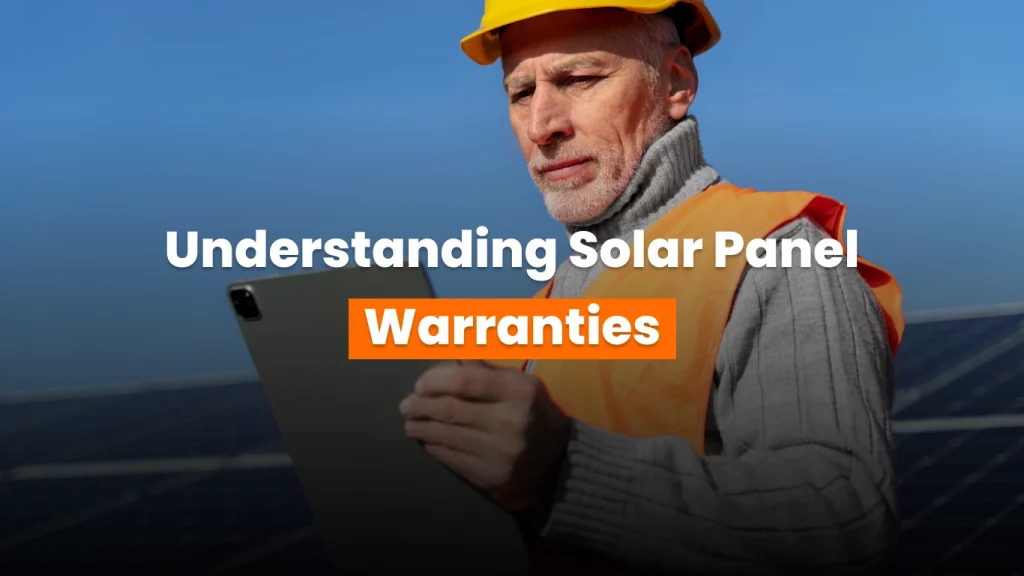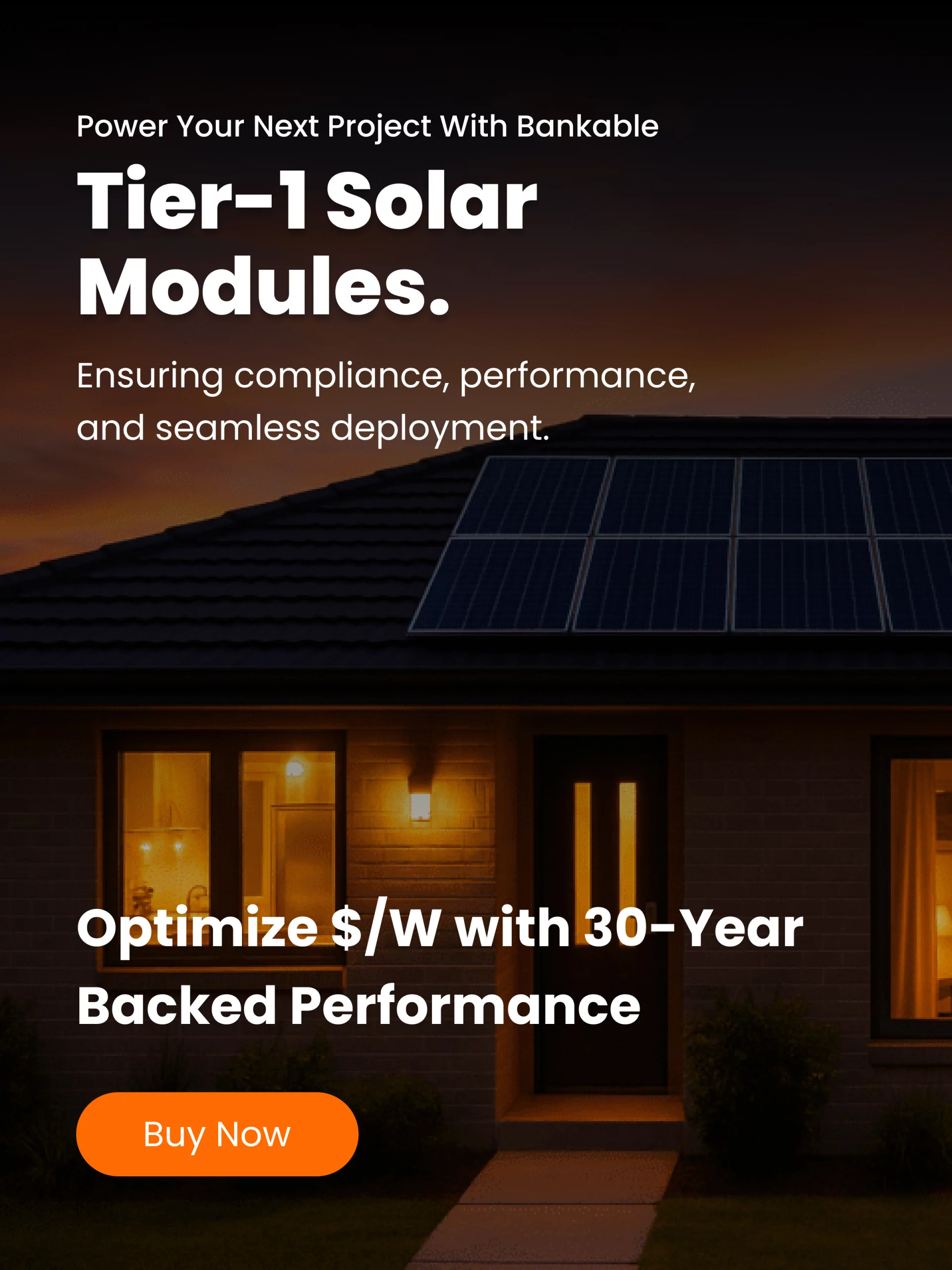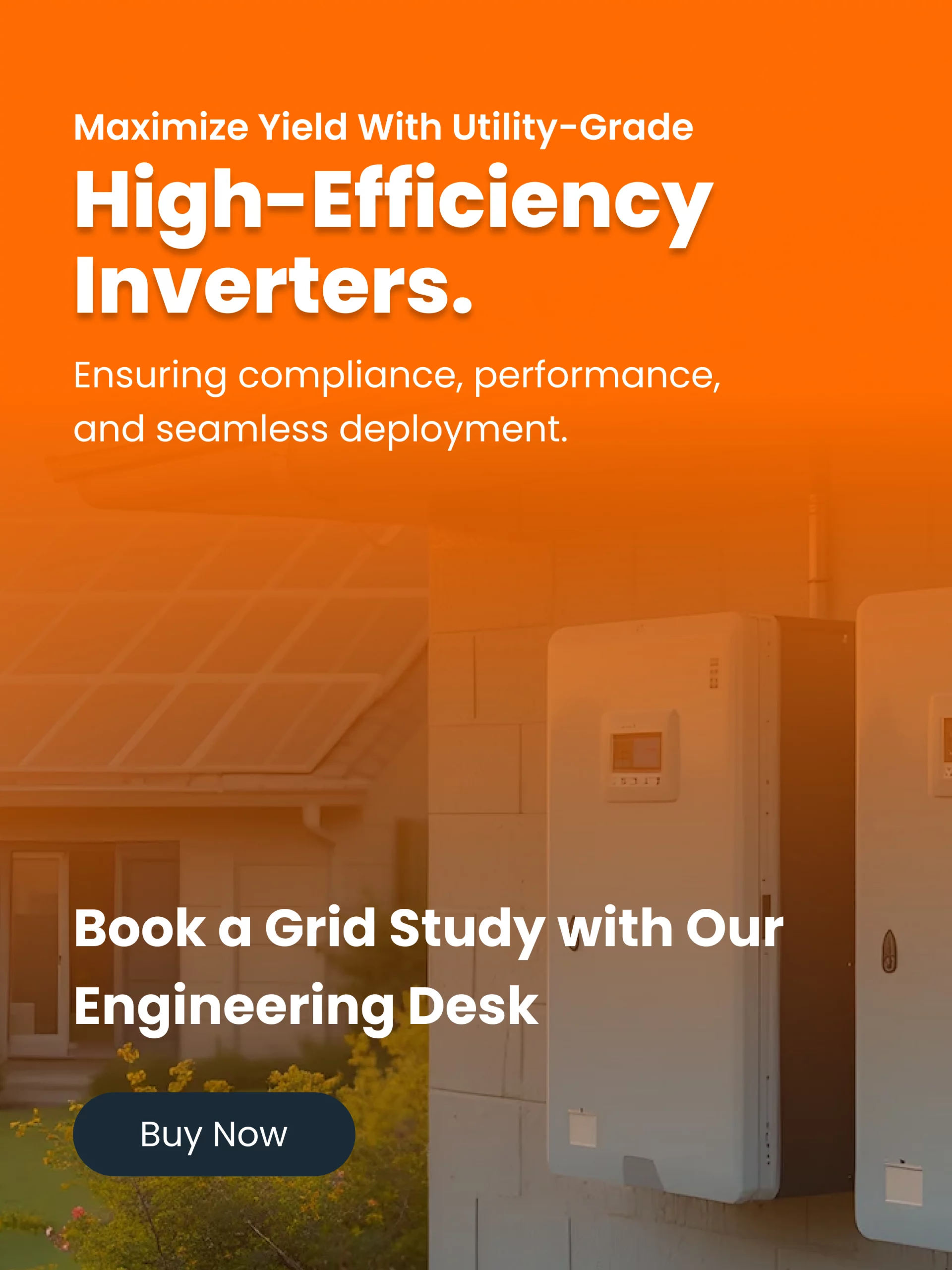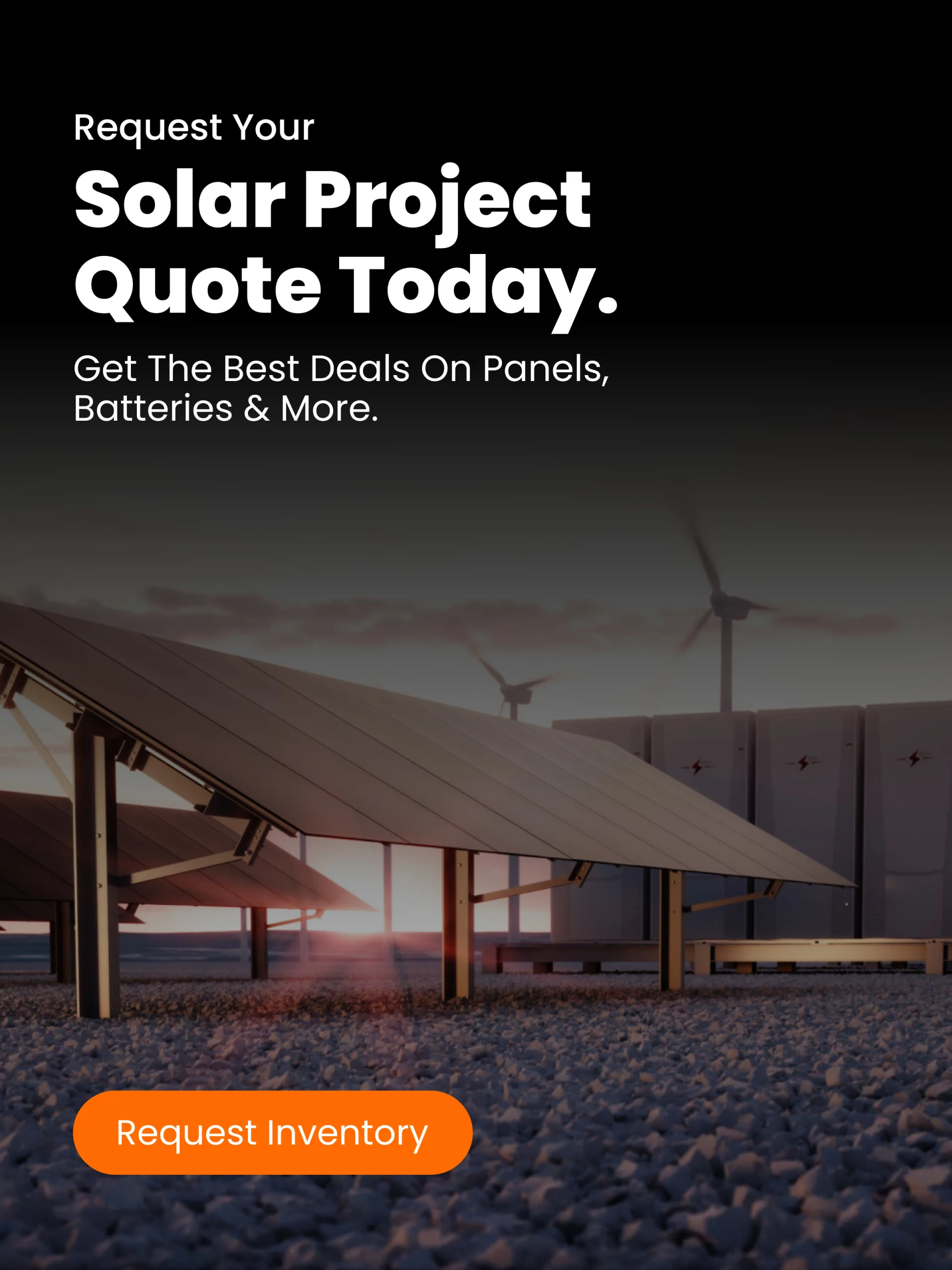Investing in solar panels is a significant decision for homeowners seeking to reduce energy costs and contribute to environmental sustainability. However, like any major investment, it’s essential to understand the terms and conditions associated with solar panel warranties to ensure you’re adequately protected. Here’s a comprehensive guide to help you navigate the complexities of solar panel warranties.
What is a solar panel warranty?
A solar panel warranty is a promise from the manufacturer to repair or replace your solar panels if they fail to meet specified performance standards within a certain period. These warranties typically cover two main aspects:
- Product warranty: This covers defects in materials or workmanship. If your panels are found to be defective due to manufacturing errors, the manufacturer is obligated to repair or replace them.
- Performance warranty: This guarantees a minimum level of electricity production over time. It ensures that your panels will produce a certain percentage of their rated output after a specified number of years.
Types of solar panel warranties
Understanding the different types of warranties can help you assess the value and reliability of your solar panels:
1. Product warranty
This warranty protects against defects in materials and workmanship. Most reputable manufacturers offer product warranties ranging from 10 to 25 years. It’s important to note that this warranty typically covers only the panels themselves and does not extend to other system components like inverters or batteries.
2. Performance warranty
Performance warranties guarantee that your solar panels will produce a certain percentage of their rated output over time. For instance, a common performance warranty might state that your panels will produce at least 90% of their rated output after 10 years and at least 80% after 25 years. This gradual decrease in efficiency is normal and is known as degradation.
3. Installer warranty
While not provided by the manufacturer, an installer warranty covers the workmanship and installation of your solar system. This can include issues like roof leaks or electrical problems arising from improper installation. Installer warranties typically last between 5 to 10 years.
Understanding solar panel degradation
Solar panel degradation refers to the gradual decline in a panel’s ability to produce electricity over time. On average, solar panels degrade at a rate of about 0.5% to 1% per year. This means that after 25 years, your panels might produce around 80% to 90% of their original output. It’s essential to understand that this degradation is normal and accounted for in the performance warranty.
Factors affecting solar panel warranties
Several factors can influence the effectiveness and longevity of your solar panel warranties:
1. Manufacturer reputation
The reliability of your warranty is closely tied to the manufacturer’s reputation. Established companies with a history of quality products are more likely to honor their warranties and provide prompt service if issues arise.
2. Installation quality
Proper installation is crucial for the optimal performance of your solar panels. Poor installation can lead to problems that may not be covered under warranty. Always hire certified and experienced professionals for installation.
3. Maintenance practices
Regular maintenance can extend the life of your solar panels and ensure they operate efficiently. While most panels require minimal maintenance, keeping them clean and free from debris can help maintain their performance.
4. Environmental conditions
Harsh environmental conditions, such as extreme temperatures, heavy snowfall, or high winds, can impact the performance and longevity of your solar panels. Some manufacturers offer warranties that account for these conditions, so it’s important to check the terms carefully.
Common warranty terms to look for
When reviewing solar panel warranties, pay attention to the following terms:
- Warranty period: The length of time the warranty is valid. Longer periods often indicate greater confidence in the product’s durability.
- Degradation rate: The annual decrease in power output. A lower degradation rate means your panels will retain more of their original efficiency over time.
- Transferability: Some warranties are transferable to new homeowners, which can add value if you decide to sell your property.
- Claim process: Understand the steps required to file a warranty claim, including documentation and timelines.
Tips for maximizing your warranty
To ensure you get the most out of your solar panel warranty:
- Keep records: Maintain detailed records of your purchase, installation, and any maintenance performed.
- Regular inspections: Schedule periodic inspections to identify and address potential issues early.
- Understand the terms: Familiarize yourself with the specific terms and conditions of your warranty to know what’s covered and what’s not.
Conclusion
Solar panel warranties play a crucial role in protecting your investment and ensuring the long-term performance of your solar system. By understanding the different types of warranties, factors affecting them, and best practices for maintenance, you can make informed decisions and enjoy the benefits of solar energy with peace of mind. Always consult with reputable manufacturers and installers to ensure you receive the best warranty coverage for your needs.




